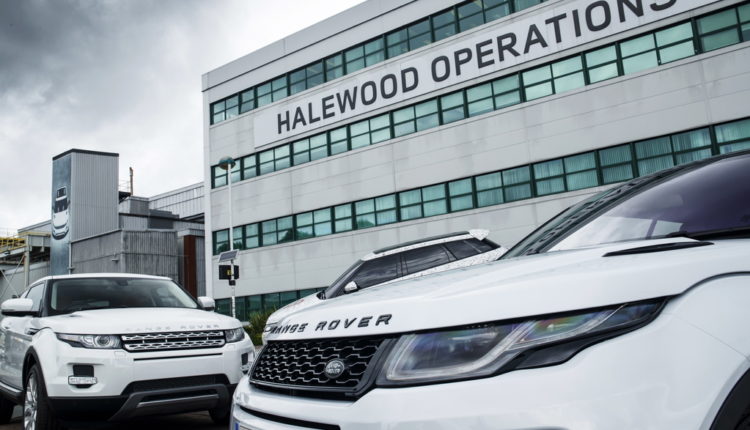JLR has told around 4,000 workers at the plant, which assembles the Evoque and the Discovery Sport models, it will cease production for nine days this month. Tony McDonough reports

Carmaker Jaguar Land Rover (JLR) insists a planned nine-day production shutdown at its Halewood factory in Merseyside this month was not connected to the coronavirus outbreak.
JLR has told around 4,000 workers at the plant, which assembles the Evoque and the Discovery Sport models, it will cease production from March 19 to 27. It will also adjust production schedules at Castle Bromwich and Solihull.
In February JLR admitted that auto sales in its key China market had fallen to zero which much of the country on lockdown due to the coronavirus. The company also admitted it was running out of Chinese-made parts essential for vehicle assembly.
However, on Wednesday JLR said the “pause” was due to the launch of vehicles such as the Range Rover Evoque plug-in hybrid as well as “to ensure market demand is balanced globally”. Workers had been informed of the shutdown in January, she added.
Plummeting Chinese sales are particularly worrying for JLR as the sales in the country had been key to its recovery. Sales in China have risen 24% over the past year, in contrast to sales falls in other global markets.
Biggest sellers in China have been the Evoque and the Discovery Sport models. JLR has also said it plans to cut around 500 permanent and agency staff at Halewood over the next few months.
At its three UK plants JLR assembles around 400,000 vehicles a year and it is feared the lack of supplies from China could hit production. In February chief executive Ralf Speth said there was a risk that vital parts would not be available.
In a statement at the same time the company added that its direct supply chain is “primarily European and in the UK, with a small percentage in China,” and said: “The coronavirus may impact us in the medium term. We are working with our suppliers to minimise any potential impact.”

